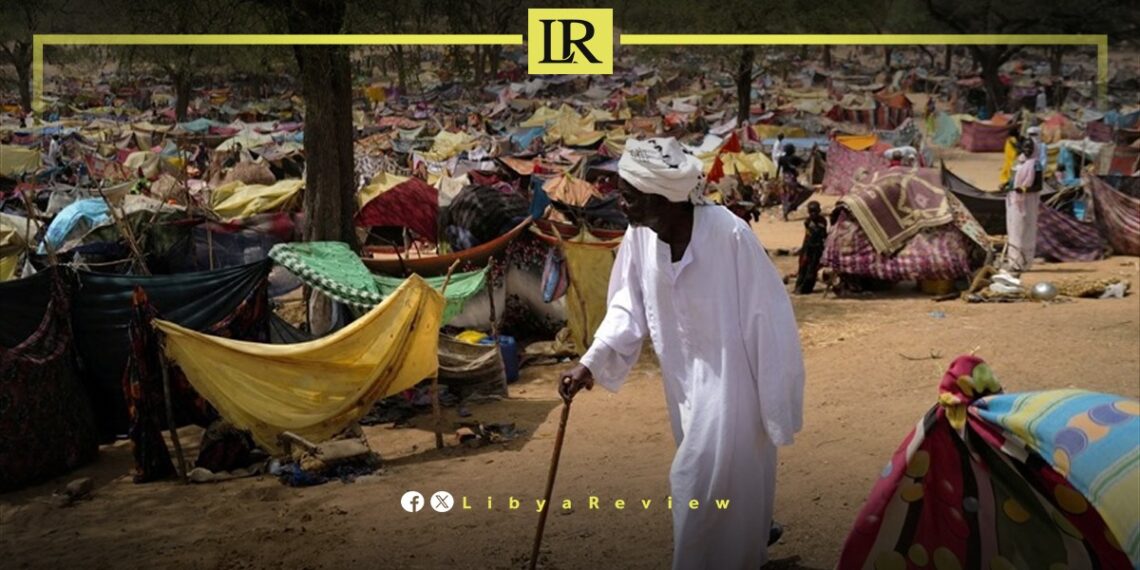On Saturday, British Development Minister Anneliese Dodds announced that the United Kingdom will contribute £2 million ($2.6 million) to support Sudanese refugees fleeing violence in the Darfur region of western Sudan. This funding is specifically allocated to humanitarian efforts in the hard-to-reach area of Kufra in eastern Libya, where the United Nations estimates that up to 45,000 refugees are in dire need of assistance.
Minister Dodds emphasized the UK’s commitment to providing life-saving aid to some of the world’s most vulnerable people, including children, as they escape the war-torn conditions in Sudan. “The United Kingdom is dedicated to delivering life-saving aid to some of the world’s most vulnerable individuals, including children, as they flee from the violence in war-torn Sudan,” Dodds stated in a press release. “In collaboration with our international partners, this support in Libya will provide essential water, healthcare, sanitation, and hygiene services to these displaced refugees.”
The Darfur region in Sudan has been plagued by conflict since 2003, resulting in significant loss of life and displacement. The situation has deteriorated further in recent years, prompting thousands to flee their homes in search of safety. Many have sought refuge in neighboring countries, including Libya, which is itself grappling with its own set of challenges.
Libya has been in a state of turmoil since the fall of Muammar Gaddafi in 2011, with competing governments and militias vying for control. This instability has made it difficult to provide consistent humanitarian aid. The eastern region of Kufra, where the UK’s funding will be directed, is particularly challenging to access due to its remote location and the security risks involved.
The United Nations has highlighted the urgent need for support in this area, with refugees facing shortages of basic necessities such as clean water, medical care, and sanitation facilities. The UK’s contribution will play a crucial role in addressing these needs and improving living conditions for those displaced by the conflict in Darfur.


